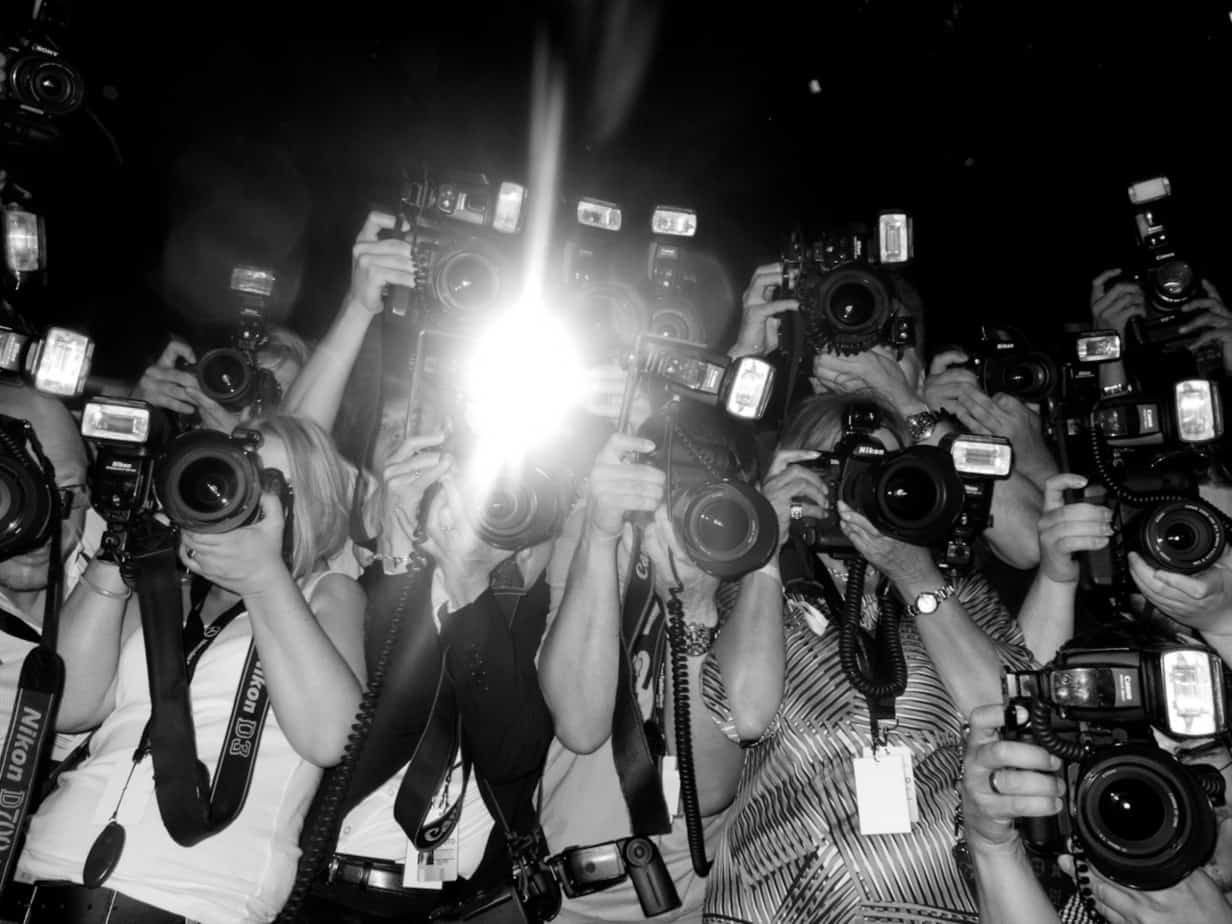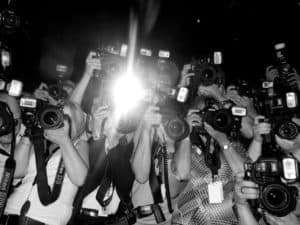
28
NovWho’s Right About Rights?
 Imagine working at your job, at the library, police station or Town Hall, for instance, and seeing a few strangers walk in with video cameras and iPhones pointed at you. They don’t identify themselves, but ask for your name and title. They speak calmly, but decline to answer when you ask for their names and the nature of their business. In fact, they inform you that they do not need to answer, and that they have the right to film you, a public employee, and the building, a public space.
Imagine working at your job, at the library, police station or Town Hall, for instance, and seeing a few strangers walk in with video cameras and iPhones pointed at you. They don’t identify themselves, but ask for your name and title. They speak calmly, but decline to answer when you ask for their names and the nature of their business. In fact, they inform you that they do not need to answer, and that they have the right to film you, a public employee, and the building, a public space.
How do you react? Do you debate their rights and yours, or the Constitution itself? Do you demand that they stop filming, or kick them out, or threaten to call security? Do you smile or scowl? Think carefully, because all of this footage may appear on YouTube and go viral.
Nationwide and in Massachusetts, citizen journalists and activists have been conducting “First Amendment audits,” aiming to put public employees to the test, and spread awareness about the right to film, photograph and record in public spaces. They know their stuff, often better than the subjects they put on the spot, and believe it or not, the “auditors” generally operate within their rights showing up unannounced and filming employees at work.
Well-intentioned, they advocate for transparency in government, and enter public spaces blatantly recording anything in view, waiting to document whether anyone challenges their activities. The citizen journalists, quick to quote the Constitution, Bill of Rights, and the law, stand by the assertion that there is no expectation of privacy in public, the law does not require that they identify themselves or show credentials, and that freedom of the press permits them to post their videos online. Employees and agencies “pass” or “fail” audits based on how the encounters play out.
Librarians, many of us introverts by nature, dread the prospect of facing a First Amendment audit head-on. Libraries, police departments, and other municipal agencies have been acting quickly to seek counsel and develop policies in line with the law, then to inform staff of auditors’ rights and how to respond to them.
Anyone may read the Constitution and the Bill of Rights, and to better understand them we offer resources such as Akhil Amar’s The Bill of Rights Primer. With many grey areas, especially as technology advances, the actions of citizen journalists still cause controversy though. Journalism, part of the Opposing Viewpoints series, includes separate chapters on the credibility and validity of their approach. For better or worse, groups and individuals including Anonymous, Edward Snowden and WikiLeaks have exposed massive quantities of information not reported by traditional media outlets. Increasingly, loosely-affiliated individuals and groups aim to expose government infractions on a local level.
What if I don’t want someone to record me? Even “passing” an audit, I’d prefer not to appear as a poster-child for the proper response on YouTube. Or be filmed on a bad hair day! As a municipal worker, however, I may not stop someone from filming me or prevent them from uploading their footage. Where do we draw the line? Individuals may not enter “employees only” or other non-public areas in public buildings. Clearly they may not harass or threaten anyone, or prevent someone from performing their job duties (whether this entails shelving books or making an arrest). Generally though, auditors take care not to raise their voices, block doorways or engage in behavior that may rise to the level of criminal harassment. They will, on the other hand, potentially file charges against anyone who shoves them, grabs a camera, or otherwise threatens them.
What about you, the library patron, innocently using a computer or browsing the shelves? While unambiguous with regard to public servants, the law becomes hazier as applied to private citizens. While striving to gain clarity on this, I learned from the American Library Association’s Office for Intellectual Freedom (OIF) that a library is a “limited” public forum, and that ”activities such as photography, filming, petition-gathering, assemblies, and public speeches, may be regulated by the library using reasonable, viewpoint neutral, time, place, and manner rules.” Clear as mud!
We, along with the library community in general, staunchly support privacy rights. The Morrill Memorial Library does not divulge private patron information without a warrant, and takes measures to purge data no longer relevant to our record-keeping. People must have the freedom to use the public library, as stated by the OIF’s Intellectual Freedom Blog, “to receive information free from harassment, intimidation, or threats to their safety, well-being, and privacy rights.“ The good news is that First Amendment auditors of libraries don’t tend to focus on bystanders, just librarians.
The library community’s and town governments’ recommendations for responding to First Amendment audits, it turns out, seem to fulfill the activists’ main goals, to encourage transparency and educate people of their rights. After getting a crash course myself, I realized an ideal interaction involves some basic best practices for life in general: treat others as you would like to be treated, smile, de-escalate, be a good listener. If you work as a public employee, do reveal your name and position if asked, and allow anyone to film or photograph you, whether you feel camera-ready or not. Do not demand that someone answer your questions, identify themselves, or leave the premises, unless they do anything that would normally result in punitive measures (such as fighting or damaging property). Respect their command of the facts, avoiding heated debate. Smile and offer to show your visitors around and answer questions. This should warrant a passing grade, I hope.
If I ever find myself in this situation, in my capacity as a public servant or private citizen, I imagine I will very politely mention my desire not to appear online, and ask whether the crew would kindly consider this appeal. You may see me on YouTube regardless, but it doesn’t hurt to ask and say please.
Lydia Sampson is the Assistant Director at the Morrill Memorial Library in Norwood, MA. Look for her article in the November 28, 2019 issue of the Transcript and Bulletin.








